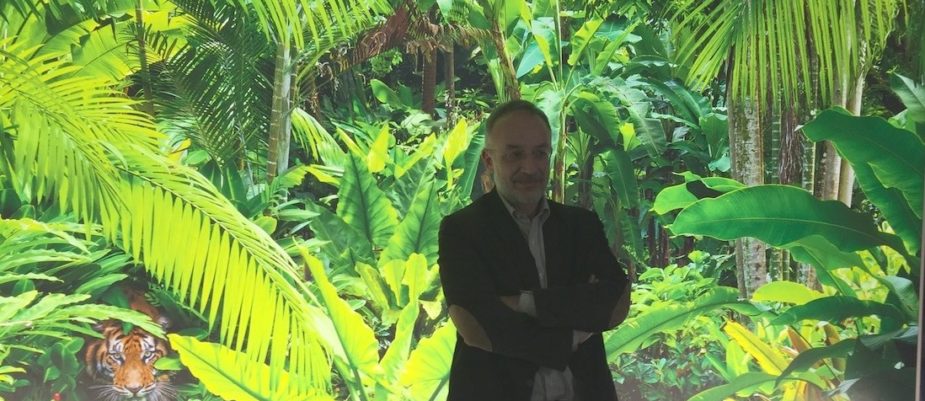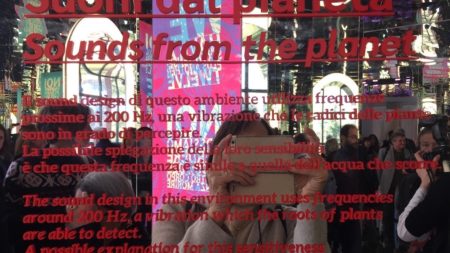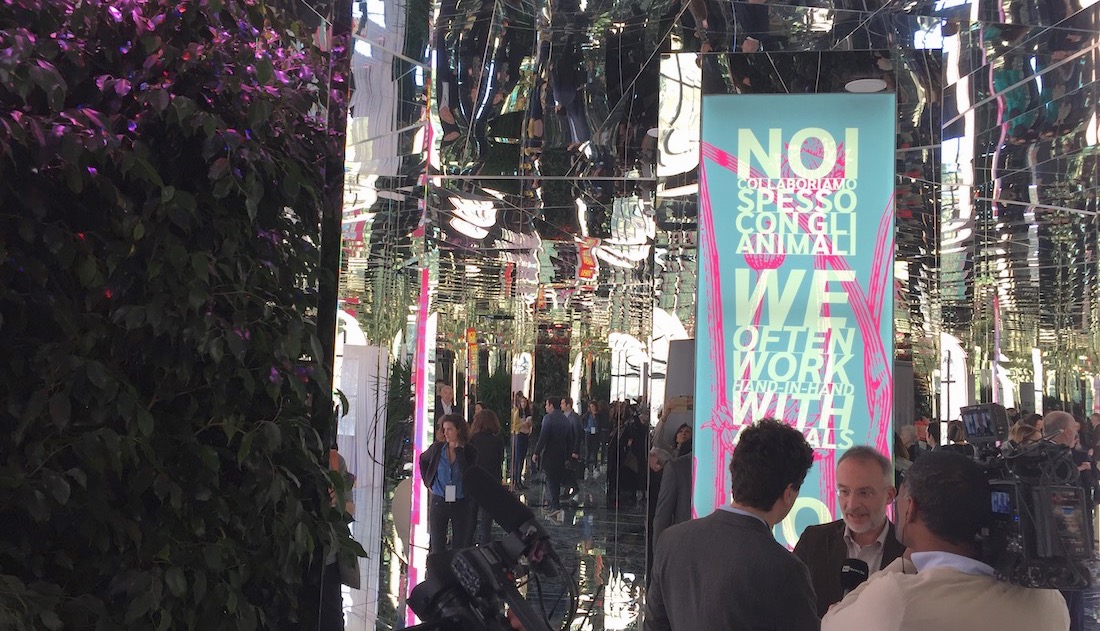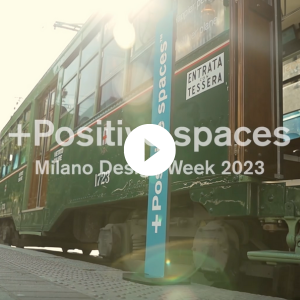
“We have to cover every possible surface with plants and turn cities into urban jungles; we must learn to use what plants can teach us and not only what they can offer us “this is the appeal of the scientist Stefano Mancuso, experts in plant neurobiology, curator of The Nation of Plants, the most extensive nation in the world with 3000 billion of plants.
The 22th Triennale in Milan: Broken Nature, has been dedicated to this Nation the largest pavilion.
Man’s happiness – and his own survival, too – is closely linked to plants and not just because they feed on the carbon dioxide we produce.
Plants represent 85% of the biomass on the Earth and all animal beings only 0.03% … we must reflect on these data to avoid a catastrophic future.
The theme of greenery and forestation is particularly close to the 22th Triennale curated by Paola Antonelli.
Why are we blind to plants? This question opens the exhibition, divided into 5 chapters, which reveals surprising unknown scenarios. Absolutely to visit.
What did you see in the upper image behind Stefano Mancuso? Simply a tiger in the jungle?
In that case you are like more than 90% of people who suffer from “plant blindness”
Plants have existed on the Earth for far longer than mankind. They have adapted better and will probably outlive our species. During their evolution they have found efficient and not predatory solutions with regard to the ecosystem in which they live.
For centuries the plant kingdom has been mistakenly consider inferior to that of animals.
The most recent studies in the realm of plants have shown that they have sense organs and memory and that they communicate with each other and thus can, to all intents and purposes, be considered as “intelligent” organisms.



















